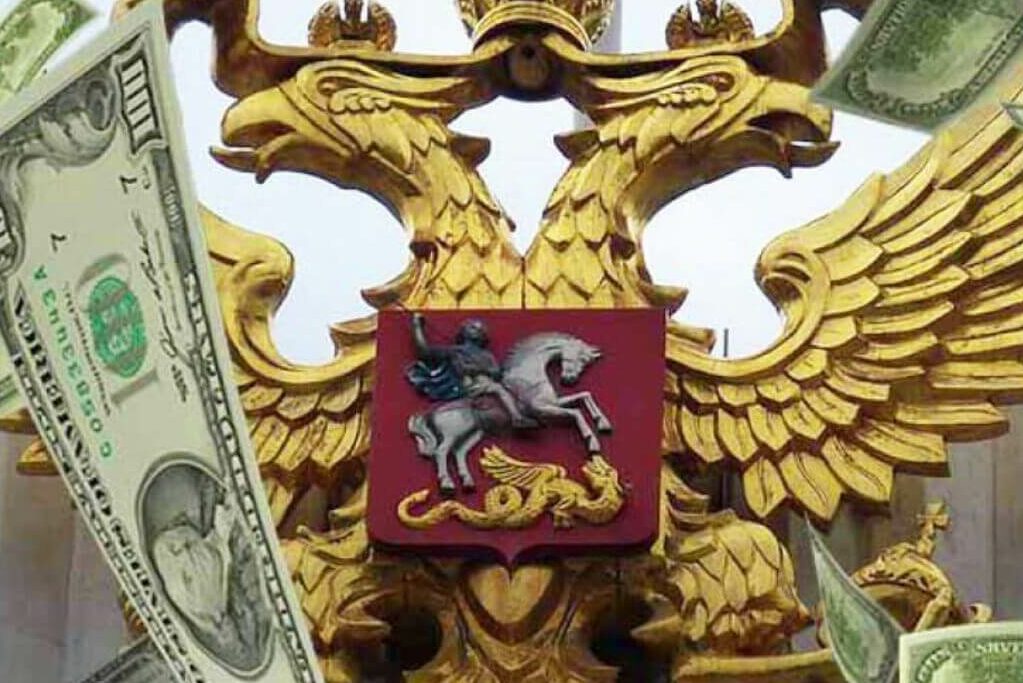The Russian economy appears to be performing stronger than anticipated, as conveyed by President Vladimir Putin following a surprisingly positive report on the country’s GDP growth and inflation rate. The encouraging developments were brought to Putin’s attention by Prime Minister Mikhail Mishustin during a meeting at the Kremlin.
This year’s GDP growth could surpass the 2% mark, and consumer price inflation may maintain a steady annual pace without exceeding 5%, as informed by Mishustin. This optimistic projection surpasses the International Monetary Fund’s (IMF) expectations of a mere 0.7% growth in the Russian economy this year.
Also Read: Twitter Verification a Prerequisite for TweetDeck Access, Announces Twitter
“Our results, cautiously speaking, are better than previously anticipated,” Putin noted in response to the encouraging data. This positive economic performance seems to be reflected in the expectations of analysts as well, who predicted a GDP growth of 1.2% and an inflation rate of 5.7% for 2023, in a poll conducted by Reuters at the end of June.
The Russian economy, which contracted by 2.1% in 2022, came under severe pressure when sweeping sanctions were imposed by Kyiv’s allies due to Moscow’s military campaign in Ukraine. However, the Russian finance ministry highlighted that the public spending had seen a substantial increase of 26.5% year-on-year during the first five months of the year, which significantly helped to alleviate the impact of the sanctions.
Mishustin confidently assured Putin of a well-performing economy this year, barring unforeseen circumstances. He emphasized that the Russian economy continues to recover steadily despite sanctions and hindrances posed to the country.
Nevertheless, the sanctions’ effects have caused considerable difficulties, with many Western financial markets and Russian companies’ export markets closed. Revenues from essential oil and gas in January-May this year were almost half of what they were during the same period a year ago. This decrease is attributed to the lower prices for Urals crude and reduced natural gas export volumes.
Finance Minister Anton Siluanov has been consistently maintaining that Russia’s budget deficit this year would not exceed 2% of GDP, a prediction with which many analysts disagree. The IMF is among those expecting Russia to see a significantly wider budget deficit this year.
This news is based on the Malay Mail.
















